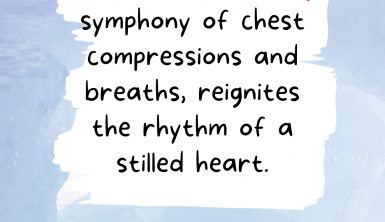What are Hoarding Disorders?
Hoarding disorders are a part of the family of anxiety disorders. Hoarding is the action of accumulating goods in excess. People that suffer with hoarding disorders feel an extreme level of distress at the thought of parting with their perceived needed items.
The range of items that someone that suffers with one of the hoarding disorders can be anything from newspapers to obscure items like discarded tissues. In some cases the hoarding behaviors are minimal and do not effect day to day living but in other cases the behavior greatly impacts daily living and can be considered debilitating.
The Symptoms
There are some key symptoms that most everyone with these disorders suffers from.
• Persistent inability to part with goods no matter how trivial the goods seem
• Leading goods build up to an unsanitary level
• Difficulty in making decisions
• Procrastination behaviors to the point where it impacts life on a daily basis
• Cluttered living/work spaces
• Excuse making or denial about the collection of goods
• No social interaction or limited social interaction
• Feelings of guilt and shame
• A feeling of being safe when surrounded by the items that they hoard
• Strong emotional attachment to the items because it brings back happy thoughts
• Getting a feeling of satisfaction when they add more items to their collection
In cases of extreme hoarding disorders patients literally run out of room to live in their own homes. Every surface in the house is covered with their possessions. Also in extreme cases there is a level of threat to health because of the number of goods that are stacked around the home. In very extreme cases the hoarding involves pets and other animals.
Causes
There is no absolute cause for hoarding. There are some theories that are being investigated that include genetics, biological disorders and exposure to stress. At this time there is no known cause. There are some commonalities among people that have been diagnosed with hoarding disorders like the age when it most commonly starts (between 11-15). The likelihood of environmental impact, if your parents were hoarders than you have a higher risk of becoming a hoarder. Certain personality types are also more prone to hoard like those with an indecisive personalty.
Treatments
The primary treatment for hoarding disorders is psychotherapy. Treatment can be difficult because many people that suffer from the hoarding disorders deny that the hoarding causes problems in their day to day life.
For all services, please visit our Home Page.







